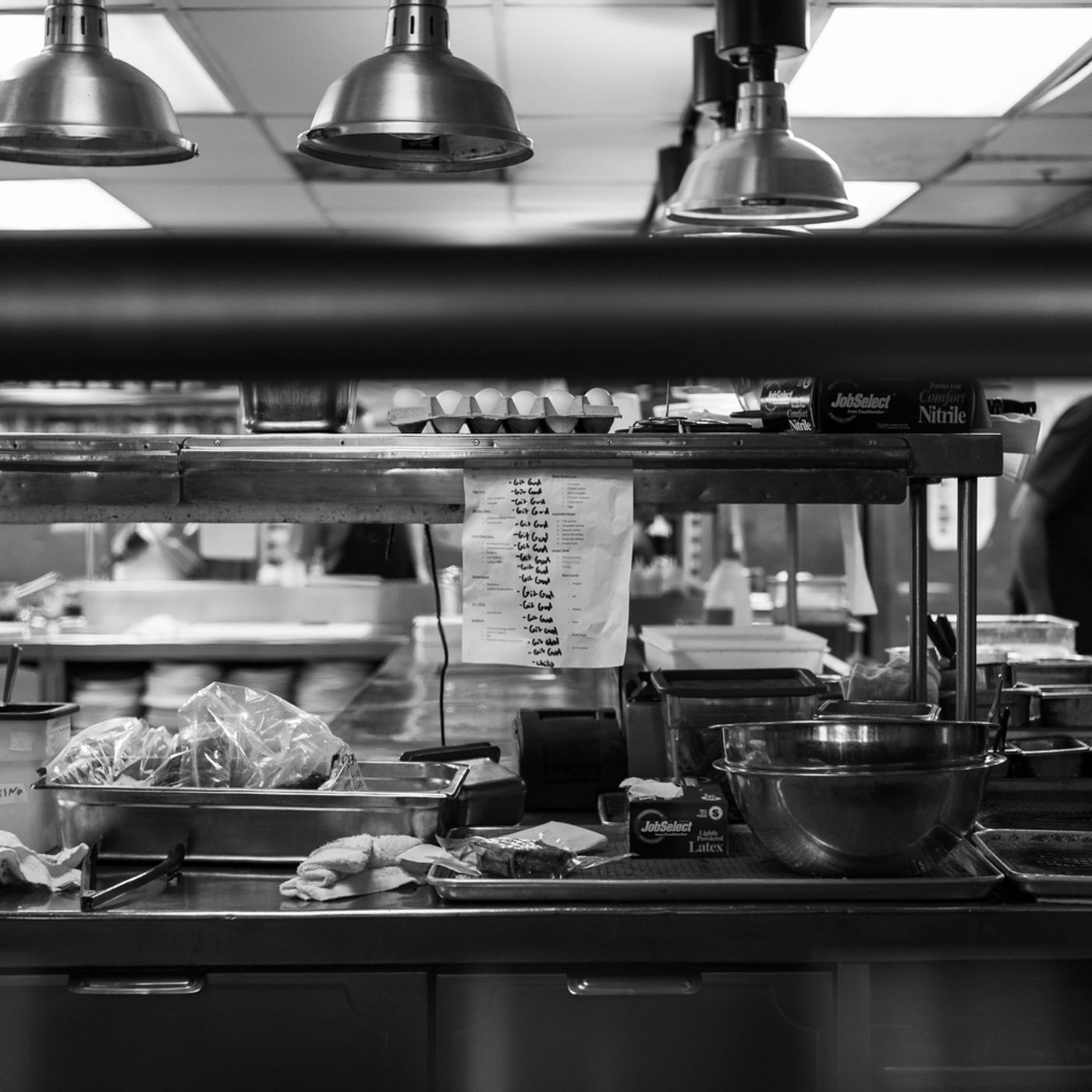Running a restaurant is a labor of love, but it’s also a business that demands a keen eye for financial management. In the dynamic and highly competitive world of food service, every dollar counts, and making informed financial decisions can be the difference between culinary success and failure. Chefxpertise, your trusted restaurant consulting partner, understands the unique challenges that restaurant owners face when it comes to financial management. In this article, we offer valuable financial advice and best practices to help restaurant owners manage their budgets effectively.
1. Create a Detailed Budget
One of the fundamental pillars of sound financial management is to establish a comprehensive budget. Your budget should encompass all aspects of your restaurant’s operation, including labor costs, food and beverage expenses, rent, utilities, marketing, and more. By having a clear and detailed budget in place, you can monitor your expenses, identify areas where you can cut costs, and plan for potential investments.
2. Monitor Your Cash Flow
Cash flow is the lifeblood of any restaurant business. You must have a firm grasp of your daily, weekly, and monthly cash flow. Ensure that your income exceeds your expenses consistently. If you find that cash flow is a recurring issue, consider adjusting your pricing, revising your menu, or seeking additional financing options.
3. Control Food Costs
Food costs are typically one of the largest expenses for a restaurant. To control them effectively, track your inventory regularly, implement portion control, and work closely with suppliers to negotiate better deals. Utilize inventory management software to help streamline this process and reduce waste.
4. Efficient Staff Management
Labor costs are another major expense for restaurant owners. Schedule your staff wisely to meet the demands of your business without overstaffing during slow periods. Additionally, invest in training to improve employee efficiency and reduce staff turnover. Well-trained employees can provide better service and help save on costs.
5. Evaluate Menu Pricing
Regularly review and adjust your menu pricing to ensure it reflects the cost of ingredients, labor, and overhead. You should also analyze the popularity of menu items to identify dishes that contribute significantly to your revenue and those that might need adjustments or removal.
6. Reduce Energy Costs
Energy costs can eat into your profits. Invest in energy-efficient appliances and lighting to reduce your restaurant’s environmental footprint while lowering your utility bills. Simple measures like turning off equipment when not in use and proper maintenance can also make a significant difference.
7. Track and Analyze Financial Data
Restaurant management software can be a valuable tool for tracking and analyzing financial data. These systems can provide insights into customer trends, sales patterns, and inventory management, helping you make data-driven decisions to optimize your business.
8. Keep an Emergency Fund
As the restaurant industry can be unpredictable, having an emergency fund in place is crucial. Set aside a portion of your revenue regularly to build up a financial safety net. This fund can help you weather unexpected crises, such as equipment breakdowns or sudden drops in revenue.
9. Marketing ROI
Evaluate the return on investment (ROI) of your marketing efforts. Focus your marketing budget on strategies that consistently bring in new customers and generate higher profits. Use digital marketing tools to track the effectiveness of your campaigns.
10. Seek Professional Help
If you find yourself struggling with financial management or need assistance in making informed decisions, consider hiring a financial consultant or a restaurant consulting firm like Chefxpertise. Professionals in this field can provide expert guidance tailored to your specific needs and help you navigate complex financial challenges.
In conclusion
Effective financial management is vital for the success of your restaurant. By creating a detailed budget, monitoring cash flow, controlling food and labor costs, and regularly analyzing financial data, you can improve your bottom line and ensure the long-term sustainability of your business. Remember that success in the restaurant industry requires a commitment to financial discipline and a willingness to adapt to changing circumstances. Chefxpertise is here to support you on your journey to financial success in the world of culinary delights.




